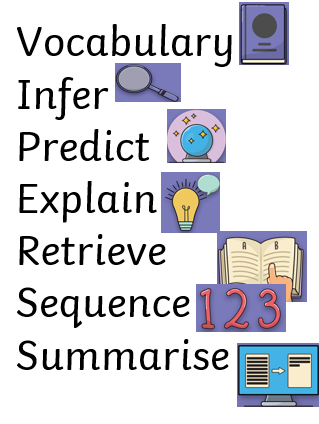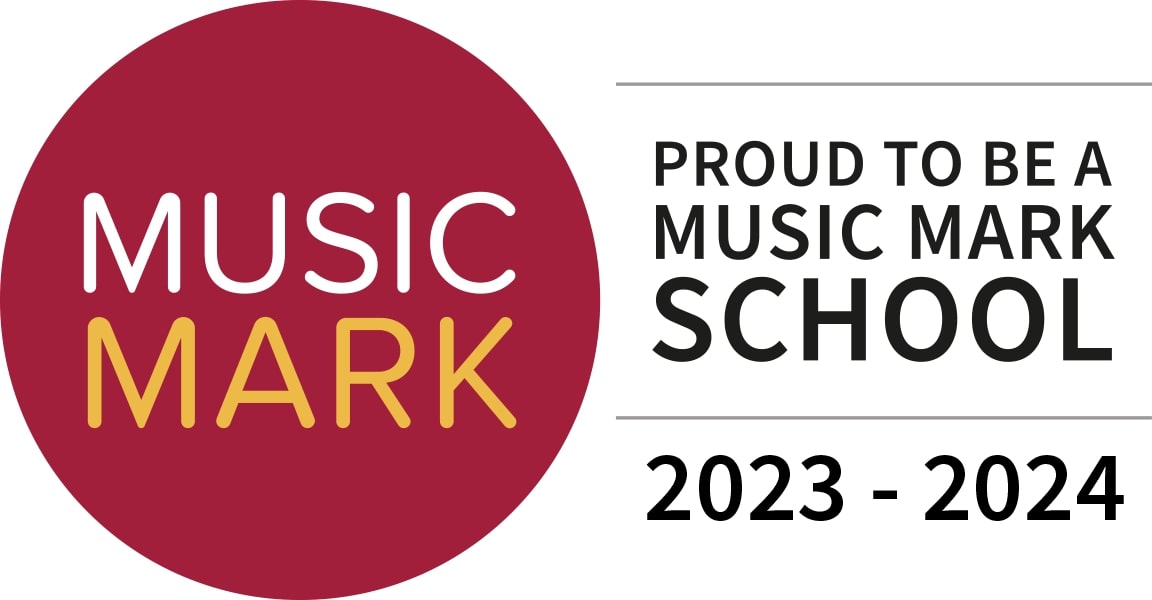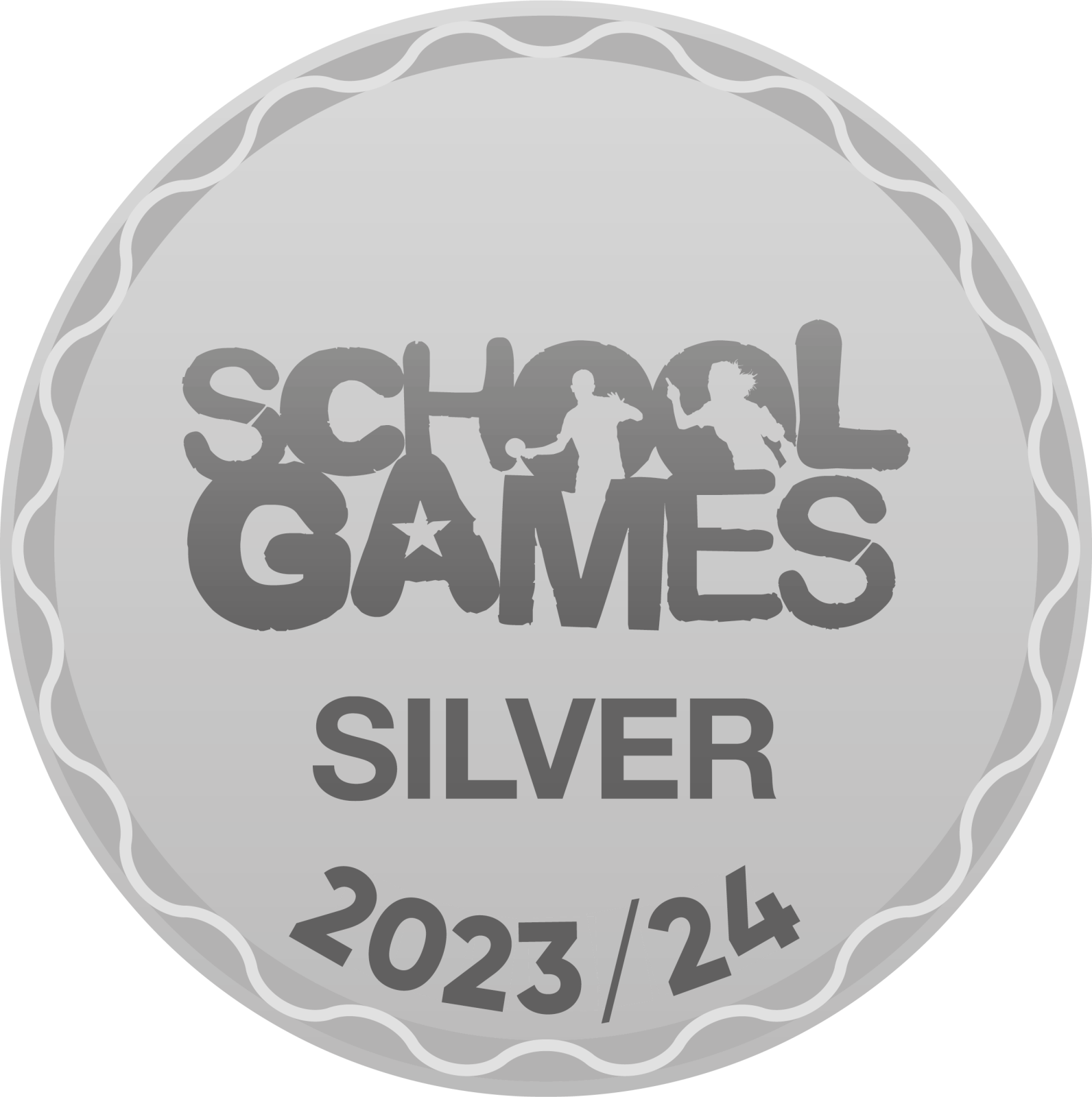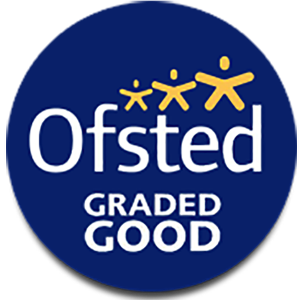Reading
At Brambles Primary Academy, we strive to inspire all children to develop a love of reading. We want children to be confident, fluent readers who have a deep understanding of the texts they read. We believe, learning to read is one of the most important things a child will ever learn. It underpins everything else, so we believe in putting as much energy as we possibly can into making sure that every single child learns to read as quickly as possible.
We encourage children to read at least 3 times a week at home and here is a guide to write in their reading trackers.
Phonics Teaching
We start teaching phonics as soon as the children start school in Reception. We follow the Little Wandle Letters and Sounds Revised progression, which ensures children build on their growing knowledge of the alphabetic code, mastering phonics to read and spell as they move through school.
As a result, all our children are able to tackle any unfamiliar words as they read. At Brambles Primary Academy, we also model the application of the alphabetic code through phonics in shared reading and writing, both inside and outside of the phonics lesson and across the curriculum. We have a strong focus on language development for our children because we know that speaking and listening are crucial skills for reading and writing in all subjects.
Alongside this, the children are taught the ‘tricky words’ – high frequency words which do not follow the regular phonetic pattern.
The Teaching of Reading after phonics
Once children are able to decode words for reading, we work on children's comprehension skills. We build on the reading strategies and comprehension skills they have already acquired in Key stage 1 to explicitly teach the reading domains. Children take part in daily Guided Reading lessons, which focus on a range of high-quality Fiction and Non-Fiction texts.
| Year 2 | |||||
| Autumn 1 | Autumn 2 | Spring 1 | Spring 2 | Summer 1 | Summer 2 |
|
Non-Fiction: How Does Chocolate Taste on Everest?
Poetry: The Sound Collector by Roger McGough |
Fiction: Fantastic Mr Fox by Roald Dahl |
Fiction: Flat Stanley by Jeff Brown |
Non-Fiction: The Great Fire of London Poetry: London Bridge is Falling Down & London’s Burning |
Fiction: Little Penguin Rescue by Rachel Delahaye |
Fiction: The Enchanted Wood by Enid Blyton |
| Year 3 | |||||
| Autumn 1 | Autumn 2 | Spring 1 | Spring 2 | Summer 1 | Summer 2 |
|
Non-Fiction: Amazing Islands
Poetry: Shape Poems & Calligrams |
Fiction: The Firework Maker’s Daughter by Phillip Pullman |
Fiction: The BFG by Roald Dahl |
Fiction: Planet Omar by Zanib Mian |
Non-Fiction: A Rock is Lively Poetry: Acrostic Poems |
Fiction: The Iron Man by Ted Hughes |
| Year 4 | |||||
| Autumn 1 | Autumn 2 | Spring 1 | Spring 2 | Summer 1 | Summer 2 |
|
Fiction: Alice in Wonderland by Lewis Carroll |
Fiction: A Mummy Ate my Homework by Thiago de Moraes |
Fiction: The Miraculous Journey of Edward Tulane by Katie DiCamillo |
Non-Fiction: A Roman Adventure by Frances Durkin
Poetry: The Owl & The Pussycat & Gran Can you Rap? & Chocolate Cake |
Non-Fiction: The Science of Natural Disasters – The Devastating Truth
about Earthquakes, Volcanoes & Tsunamis
Poetry: Roald Dahl’s Revolting Rhymes |
Fiction: Anglo-Saxon Boy by Tony Bradman |
| Year 5 | |||||
| Autumn 1 | Autumn 2 | Spring 1 | Spring 2 | Summer 1 | Summer 2 |
|
Non-Fiction: Climate Action: The Future is in Our Hands Poetry: Macavity the Mystery Cat by T.S Eliot |
Fiction: Varjak Paw by S.F. Said |
Fiction: The Jamie Drake Equation by Christopher Edge |
Non-Fiction: Earth Shattering Events Poetry: Jabberwocky by Lewis Carroll & Caged Bird by Mary Angelou |
Fiction: Wonder by R.J. Palacio |
Fiction: The Night Bus Hero by Onjali Rauf |
| Year 6 | |||||
| Autumn 1 | Autumn 2 | Spring 1 | Spring 2 | Summer 1 | Summer 2 |
|
Non-Fiction: Amazon Adventure: Unfolding Journeys
Poetry: The Highwayman by Alfred Noyes & In Flanders Field by John McCrae |
Fiction: Who Let the Gods Out? by Maz Evans |
Fiction: Ghost by Jason Reynolds |
Fiction: Letters from the Lighthouse by Emma Carroll |
Fiction: Fly Me Home by Polly Ho-Yen |
Non-Fiction: Amazing Evolution: The Journey of Life
Poetry: The British Poem by Benjamin Zephaniah |
Every Guided Reading lesson focuses on at least of our reading domains which are:

Each domain has skills to success to be able to support children on what to do if they get stuck:
Children are given the opportunities to learn and practise skills linked to the reading domains in a wide variety of ways. Children are taught which reading strategies are most useful for each of the domains and have time to work independently; with a partner; in small groups and as a class.
Please find below documents that show the progression of reading in EYFS and Year 1 to Year 6.



